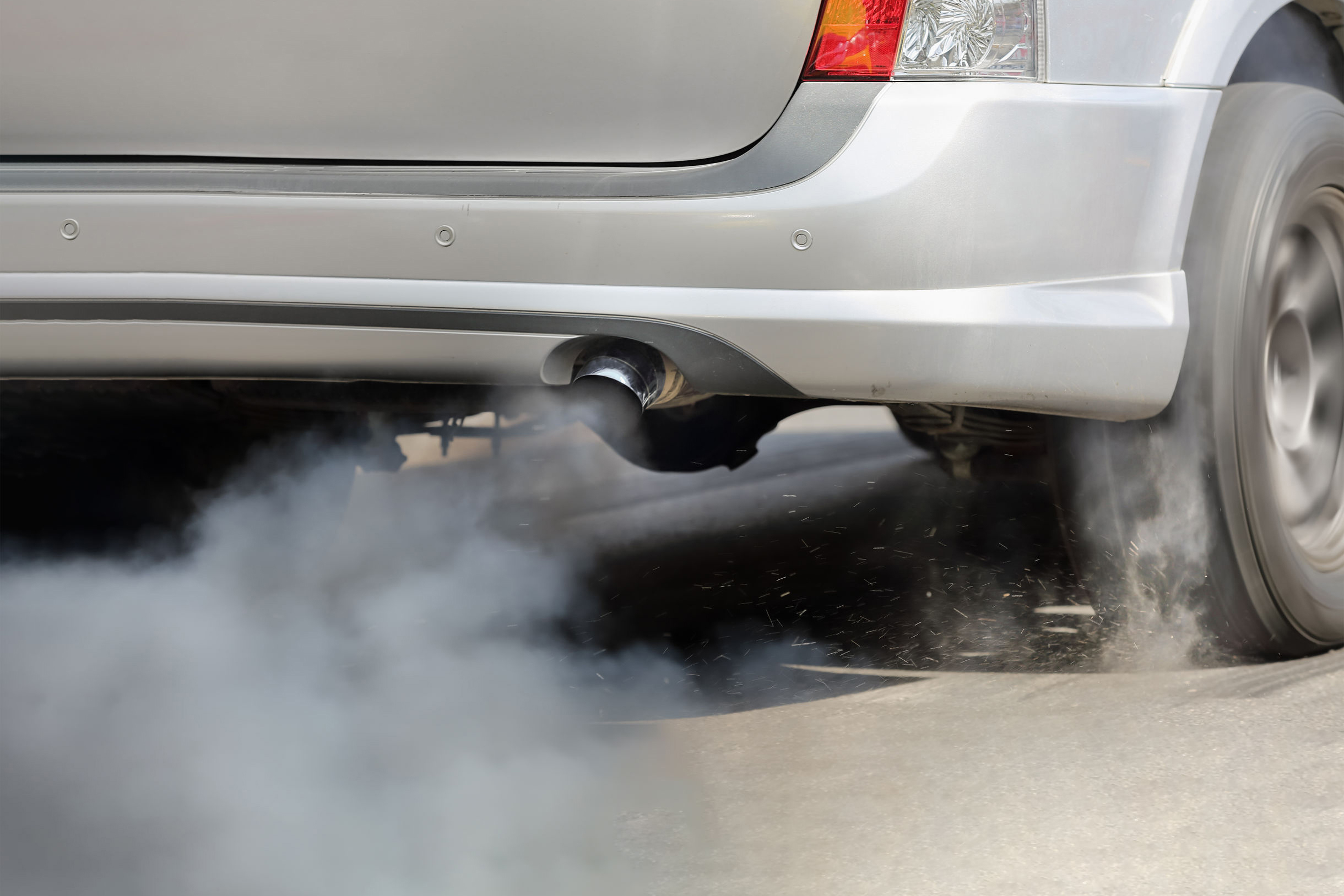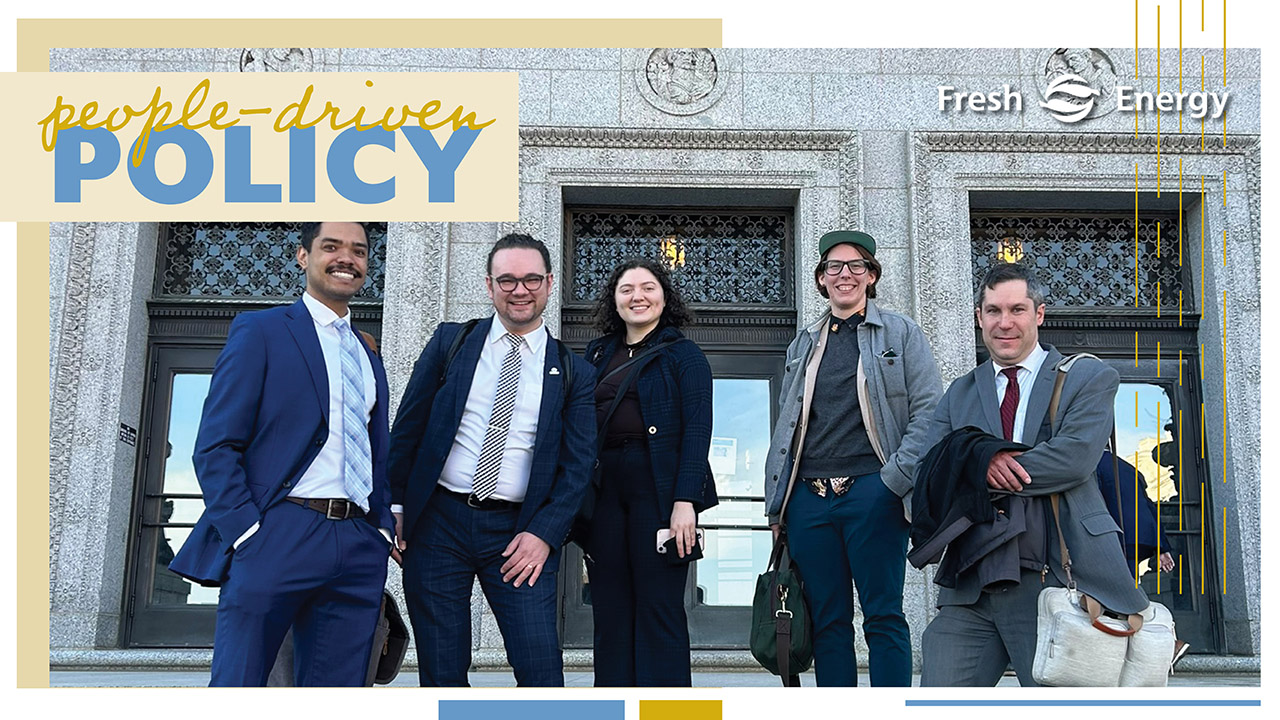
Auto manufacturers from General Motors to Jaguar are announcing their plans to move toward electric vehicles and the latest generation of long-range, affordable electric vehicle models are beginning to take hold in the U.S. Bloomberg New Energy Finance projects electric vehicle sales in the U.S. will exceed one million a year by 2022 and two million a year by 2025, and worldwide electric vehicles could displace oil demand by 8 million barrels per day by 2040.
In short, it’s clearer than ever that the future of transportation is electric.
So why would Minnesota choose to support a mammoth project to build a pipeline to import crude oil from Canada?
Here is why NOT to make that investment:
- Electric transportation is only becoming cheaper and higher performing—and is increasingly becoming powered by low-cost wind and solar energy.
- The proliferation of electric transportation is going to sap demand for oil and the pipeline will become a costly stranded asset.
- Transportation is currently the top emitter of carbon pollution, and a source of air pollution that threatens our health. It is time to embrace a clean energy future.
Despite the clear momentum toward a more electric transportation system, Enbridge has petitioned the Minnesota Public Utilities Commission to build a new pipeline to import crude oil from Canada into Minnesota. This mammoth project would cost more than $8 billion and contribute to hundreds of millions of tons of greenhouse gas emissions.
Instead of pouring money into unneeded fossil-fuel infrastructure, Minnesota should speed the transition to electric vehicles powered by renewable energy. Electric vehicles have enormous climate and public-health benefits. They also save consumers money by reducing fuel and maintenance costs. And while many electric vehicles cost more upfront today, thanks to rapid declines in battery costs, they soon will have lower sticker prices.
Best of all, electric vehicles can be powered by renewable energy, which helps the planet while also giving our state economy a boost. Investments in renewables create roughly three times more jobs than investments in fossil fuels. Minnesota has no oil, coal, or natural gas reserves, but we do have some of the best wind resources in the world, which translates to low-cost electricity.
Wind power is also great for local economies: The wind industry employs more than 3,000 people in Minnesota, providing them family-supporting wages; wind and solar farms pay roughly $14 million a year to Minnesota counties for roads and schools. Clean-energy investments create jobs for builders, technicians, engineers, clerical employees, and maintenance workers.
Early action and innovation on clean energy helped make Minnesota companies like Mortenson Construction, Anderson Trucking, and Blattner Energy into industry leaders not just in the Midwest but across North America.
Rather than investing in pipelines to support technology that soon will be obsolete, we should be focusing on new technology to ensure our leadership in a rapidly evolving transportation economy.

